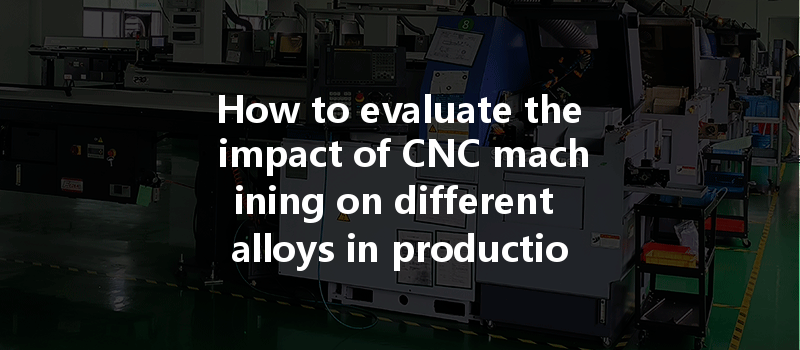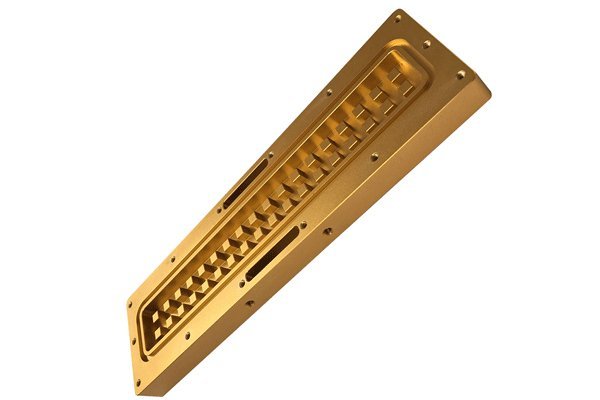In the manufacturing landscape, Computer Numerical Control (CNC) machining stands out as a transformative technology, offering precision, efficiency, and adaptability across various materials. At YL Machining, we prioritize understanding the interplay between CNC machining and different alloys to optimize production outcomes. Recognizing how CNC machining impacts these materials helps engineers and manufacturers choose alternative methods, refine processes, and bolster overall product quality. In this detailed discourse, we will explore the multifaceted effects of CNC machining on various alloys, addressing essential components such as material properties, machining parameters, processing efficiencies, and operational costs.
As we delve deeper into this topic, we will highlight key considerations for effective evaluation, supported by practical examples, industry standards, and insights that demonstrate the real-world impact of CNC operations on alloy selection and machining processes.
Understanding CNC Machining
CNC machining is a manufacturing process that utilizes computer programming to control machine tools, ensuring high levels of precision and repeatability. It encompasses a variety of techniques, including turning, milling, drilling, and grinding, all of which can be adapted to work with diverse materials such as metals, plastics, and composites. The primary benefit of CNC machining is its ability to produce complex geometries quickly and efficiently, making it a preferred method for producing components across industries, including aerospace, automotive, and medical.
Key Principles of CNC Machining Process
Impact of CNC Machining on Different Alloys
Information regarding alloys’ compositions, properties, and machining characteristics is crucial to determining how CNC machining affects production processes. Here, we address several key aspects.
The physical and mechanical properties of alloys, such as hardness, tensile strength, and ductility, play a significant role in determining their machinability. For instance, common CNC machined alloys include aluminum alloys (e.g., 6061, 7075), titanium alloys (e.g., Ti-6Al-4V), and steel alloys (e.g., 4140, 316L). Each has distinct features, which can influence machining performance.
Selecting the appropriate cutting parameters is critical when CNC machining different alloys. Factors such as cutting speed, feed rate, and depth of cut influence both production efficiency and part quality.

The type of tooling employed in CNC machining directly affects the performance and output when working with different alloys. Tool selection should consider factors such as material hardness, cutting edge geometry, and coating.
CNC machining generates heat, which can cause thermal effects and material distortion. The amount of heat produced is influenced by the alloy being machined, as well as the machining parameters.
The surface finish achieved through CNC machining is a critical aspect of product functionality and aesthetics. Different alloys yield different surface qualities due to their hardness, toughness, and machinability.
Evaluating the impact of CNC machining on production costs regarding different alloys is necessary for budgeting and project viability. Factors influencing costs include raw material prices, machining times, and tool wear rates.
: Assessing the Overall Impact
Evaluating the impact of CNC machining on different alloys requires a holistic approach that considers material properties, machining parameters, tooling choices, thermal effects, surface finish quality, and cost implications. By understanding these interconnected factors, businesses like YL Machining can make informed decisions about material selection and machining strategies, optimizing production processes while minimizing costs and enhancing quality.
Ultimately, the advancement of CNC machining technology means that ongoing research and development in alloy composition and machining methods will likely continue to evolve, offering exciting opportunities for manufacturers across numerous industries. As CNC machining continues to integrate with innovations such as automation and AI, our ability to evaluate and adapt to these changes will be paramount in maintaining competitiveness and achieving operational excellence.
Those seeking to explore CNC machining solutions further should consider working with experienced CNC machining providers who can assess specific project requirements, deliver tailored solutions, and ensure quality at every stage of production.
For expert advice and tailored solutions for your CNC machining needs, reach out to YL Machining today!






